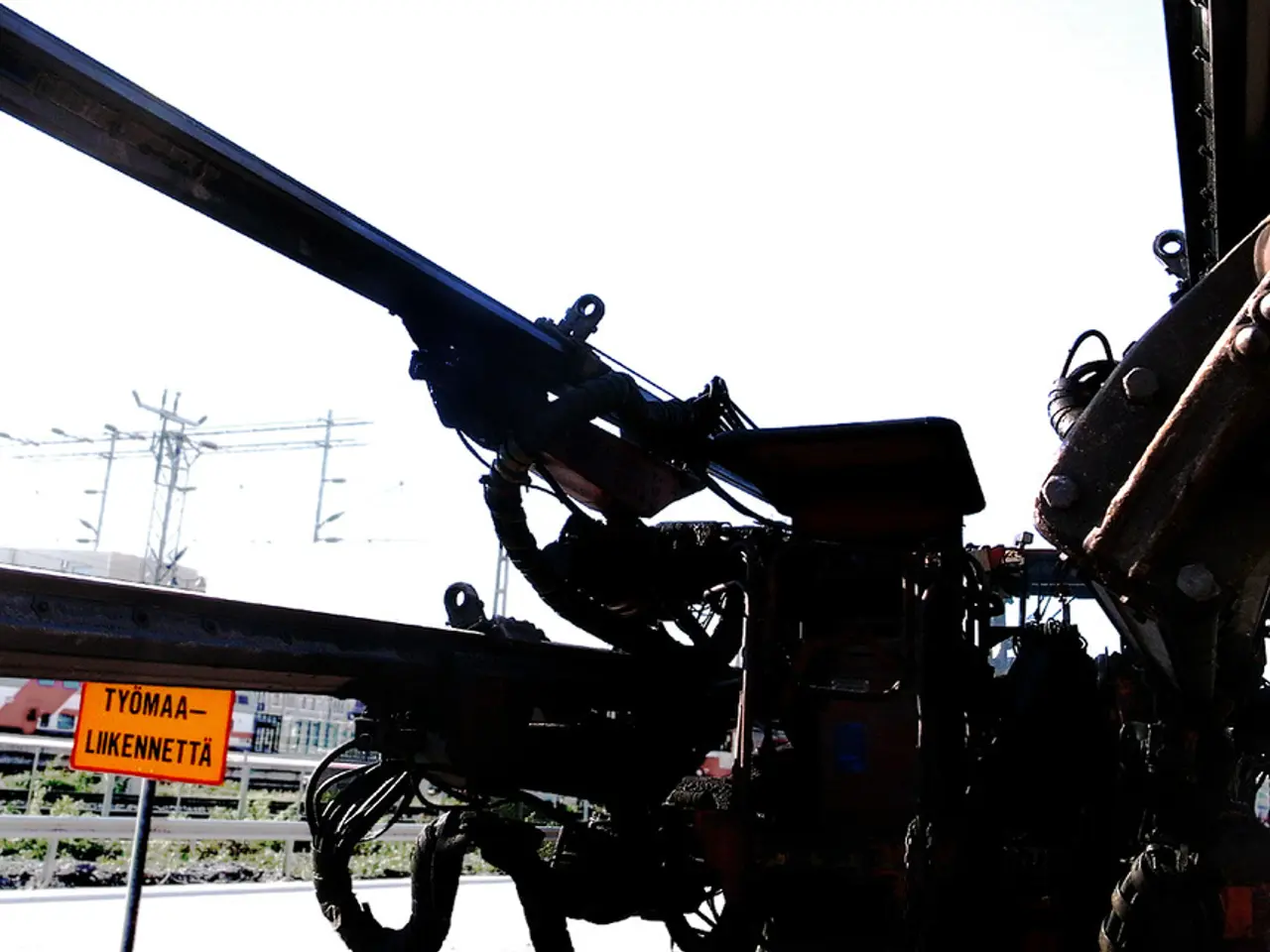Survey: Executives Prepare for Energy Crisis, Seek Local Resilience
A recent survey by Prologis, conducted in conjunction with The Harris Poll, has revealed a mix of optimism and concern among senior executives regarding energy reliability and supply chain resilience. While 83% anticipate a potential crisis in energy procurement, less than a third have backup systems in place. Meanwhile, 77% are moving towards regional self-sufficient networks, and 60% expect a more localized supply chain by 2023.
The survey, conducted in mid-August, found that 89% of executives had experienced energy-related disruptions in operations over the past year. This has led to a growing recognition of energy reliability as the 'next major supply chain crisis'. Despite these concerns, 82% of respondents expressed optimism for 2026, acknowledging the need for changes in business practices to build resilience.
Companies are increasingly turning to advanced and transformational AI technologies to improve operations, with 70% having implemented such systems. However, this mass adoption is expected to increase power requirements by 10% to 50% over the next five years. To mitigate this, 90% of respondents indicated they would pay premium rates for warehouses with dependable power sources. However, there is no specific public data available about how many companies will implement emergency power supply next year.
The Prologis survey underscores the delicate balance between optimism and preparedness in the business community. While companies are embracing AI technologies and moving towards more localized supply chains, they also acknowledge the pressing need for energy resilience. As energy reliability emerges as a critical concern, companies are willing to invest in dependable power sources, setting the stage for potential shifts in the real estate and energy sectors.








